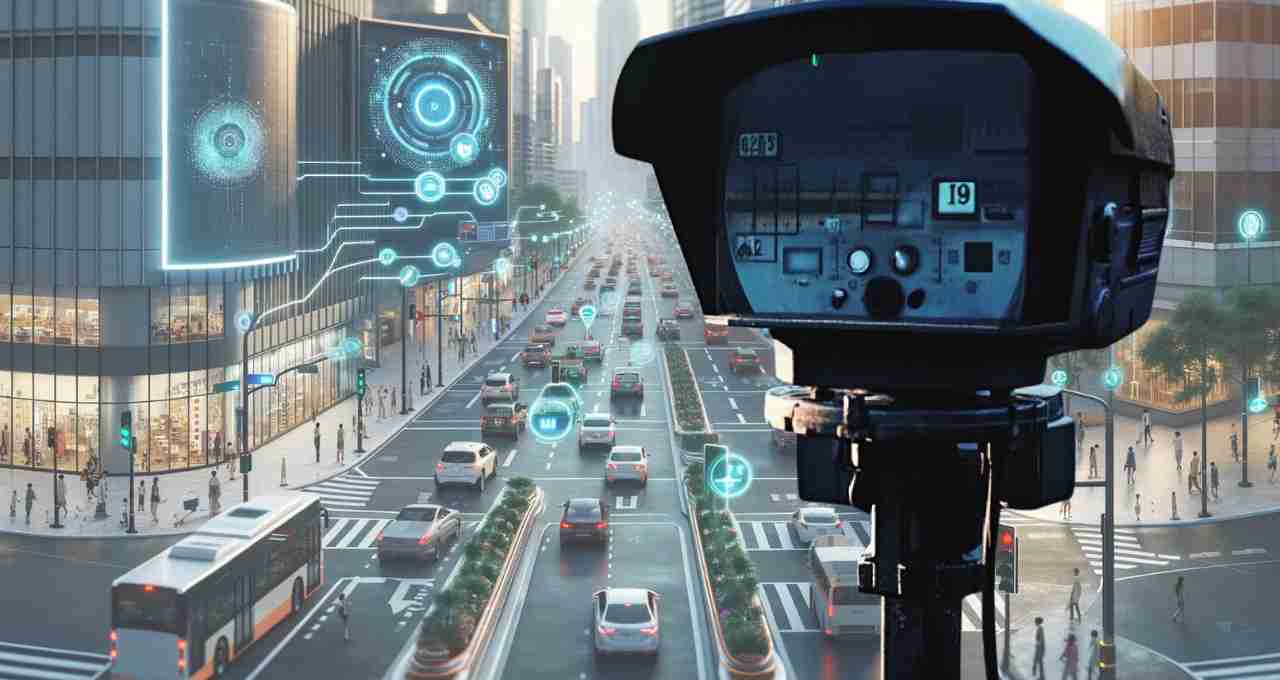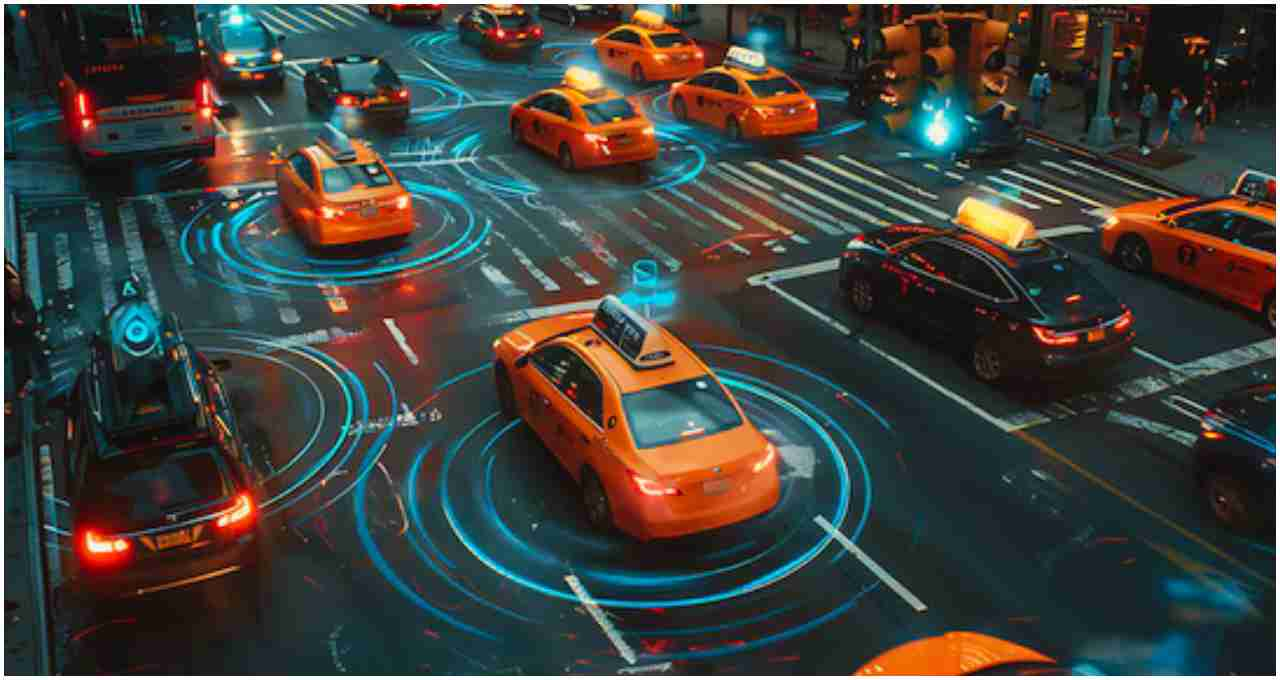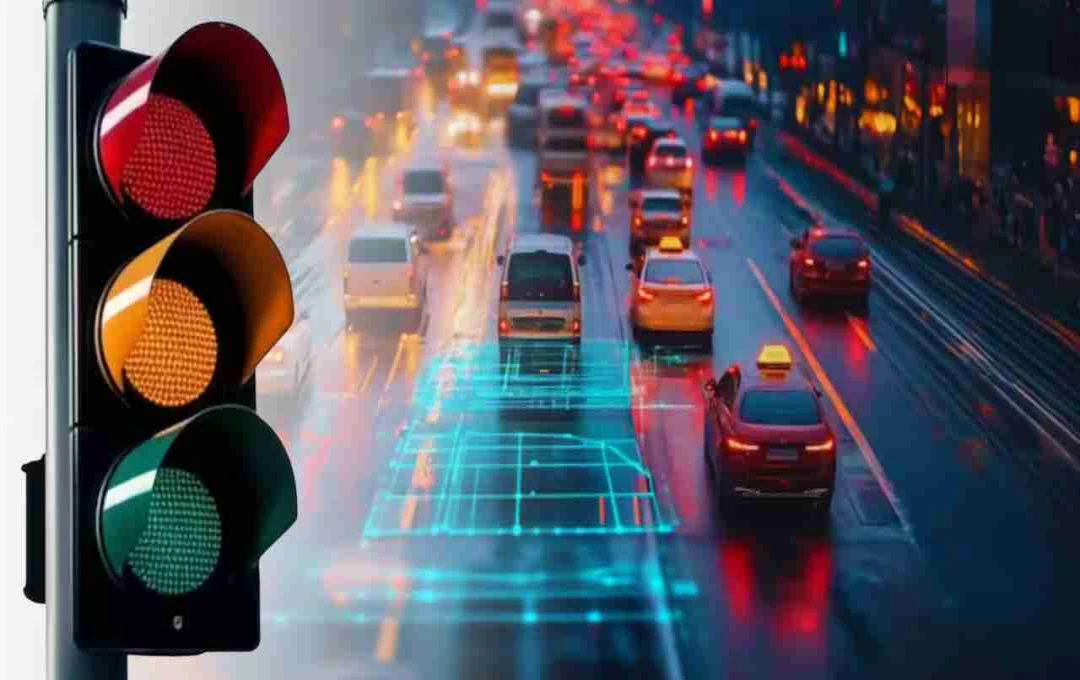AI-based smart traffic signals will be installed in Goa and Chennai, which will reduce traffic jams and shorten travel times. This technology will manage real-time traffic with the help of sensors and cameras.
Smart Traffic Signal: The problem of traffic jams has become commonplace in every major city in India. But now, to get relief from this problem, the country has taken a big decision to take the help of technology. Soon, cities like Goa and Chennai will have AI or Artificial Intelligence-based smart traffic signal systems installed. With the help of this advanced technology, traffic can be controlled in a better way and people's journeys will also become easier. This step is inspired by the smart signal system successfully implemented in North Carolina, USA, which has brought a big change in the traffic situation there.
Preparation for AI Traffic System in Goa and Chennai is in full swing
Goa Chief Minister Pramod Sawant recently announced that AI traffic signals will be installed at 91 locations in the state. At the same time, this scheme is being implemented on an even larger scale in Chennai, where 165 major intersections will be connected to this technology. In Chennai, this system will be implemented in the first phase on major routes like Anna Salai, Jawaharlal Nehru Salai, Kamarajar Salai, Sardar Patel Road, Rajaji Salai and Taylors Road. This project is being operated in collaboration with the local traffic police department and the municipal corporation.
How do AI-based smart traffic signals work?

The AI traffic signal system is completely different from traditional traffic lights. It is divided into three main technical parts:
1. AI Cameras
These cameras identify the number of vehicles, their types (car, bike, truck, etc.) and direction. The cameras work day and night and continuously collect data.
2. Smart Sensors
Sensors installed on the roads measure vehicle speed and traffic density. This gives the signal information about which lane has more traffic and where it is less.
3. AI Control Unit
Data from cameras and sensors is processed by an AI algorithm and adjusts the timing of traffic lights in real-time accordingly. This time can vary from 30 to 120 seconds.
The biggest feature of this technology is that it can work without human intervention, which eliminates the possibility of manual errors.
Emergency and VIP Movement will also get way
Even though the system is completely automatic, the police will also have manual control over it. The aim is to control traffic immediately at the time of ambulance, fire brigade or VIP movement. The AI system itself is also capable of identifying such emergency activities and prioritizes the signal accordingly.
Green Corridor: Plan for uninterrupted travel
The Chennai Police plans to connect all traffic signals to a central control system in the future, which will create a 'Green Corridor'. This will mean that once a vehicle enters a main route, it will continue to get a green light and will not have to stop repeatedly. This will speed up traffic, save fuel and people will be able to reach their destination on time.
Positive signs from trial run

A trial run of this system has been conducted at six intersections of EVR Salai in Chennai. Initial figures show that traffic jams have reduced by up to 20% and passengers' travel time has also reduced. Local people and office goers said that the journey which used to take 45 minutes earlier, is now being completed in 25-30 minutes.
A revolutionary step from a technical point of view
The AI traffic signal system is taking India towards a smart and technology-based traffic control system. This will not only save people's time, but will also benefit the environment, as vehicles will stop less and fuel consumption will also decrease. Also, this system will pave the way for incorporating technologies like IoT (Internet of Things) and data analysis in traffic control in the future.










